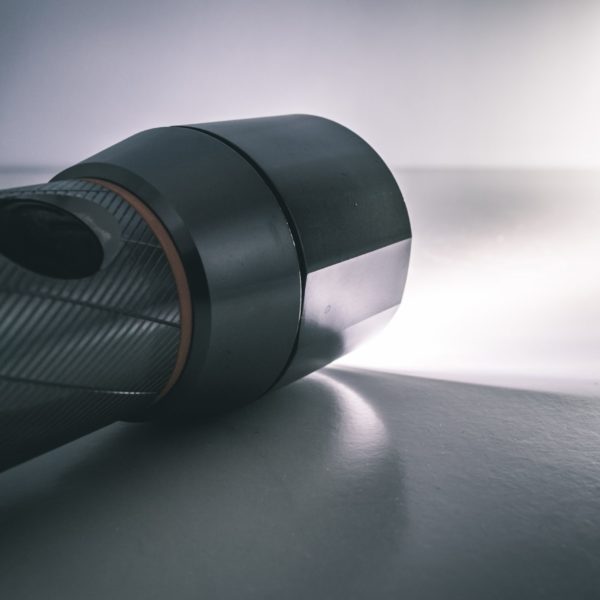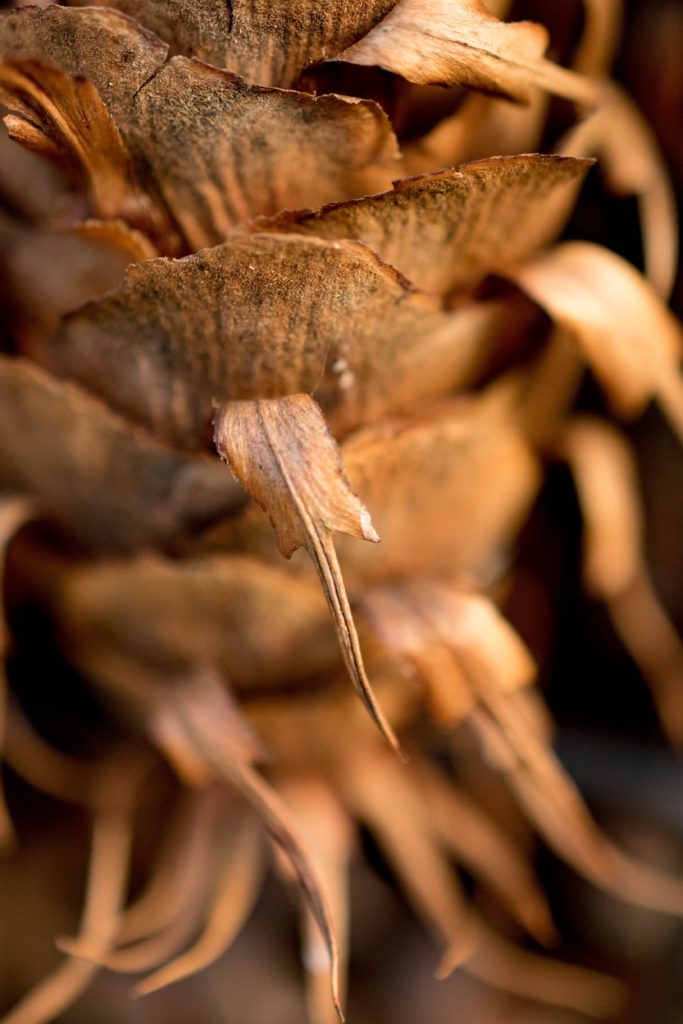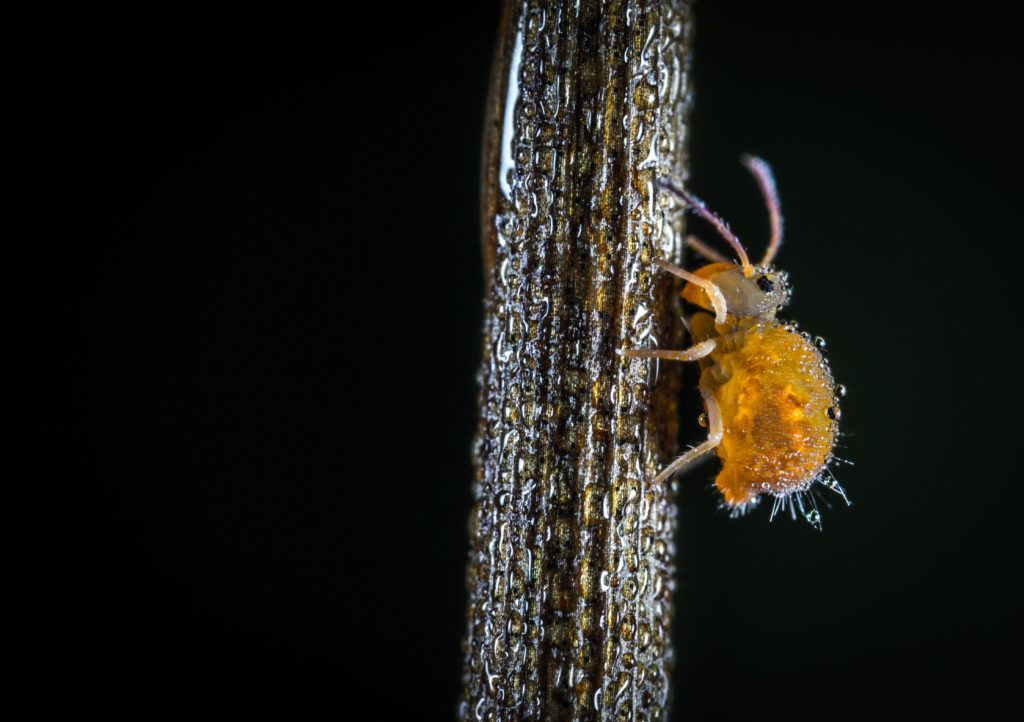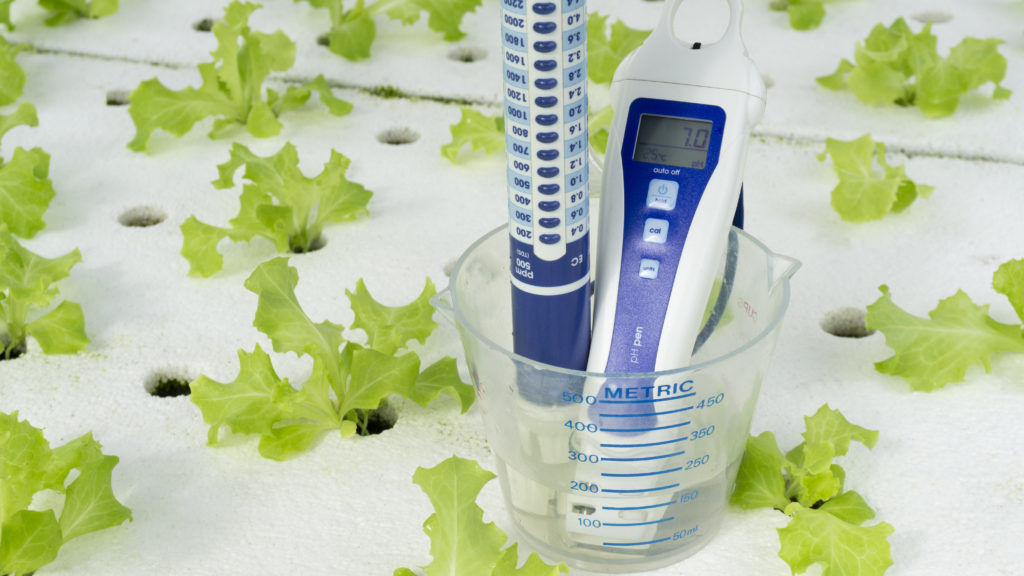Power outages may or may not be common, depending on where you live. One of the biggest problems, especially if you have a DWC system, is providing oxygen to the roots. Of course, lighting is a big concern, as is maintaining temperature in winter.
Being prepared can save your plants if you’re ever without electricity. Battery powered air pumps are ideal for getting oxygen to roots. If you don’t have one, empty some of your nutrient solution (about ½). Then, slowly re-add it to your reservoir. If things are desperate, empty your reservoir. Leave it for an hour or two, and refill it.
Lighting when there’s no electricity
When it comes to lighting, it’s easy to panic. Will it ruin your entire crop if your plants get confused and jump into their flowering stage?
Relax, there’s good news. Even if you can’t run your regular hydroponic lights, you can still give them some light. If you can, consider opening blinds. If you don’t have that option, don’t worry. Even running a flashlight or lantern over your plants is better than zero light at all. Remember, plants have cloudy days in nature too.
If you don’t have electricity for lights in your hydroponic system, you can try these:
- High powered flashlight
- Flameless candles
- Battery powered led or holiday lights
- CFL lights connected to a battery
- Battery powered house/desk lamps
- Battery powered or manual lantern
Just make sure the lights aren’t blocking plants or creating large areas of shadow. A plant is healthier with a little light than none at all.

But, what about a power outage during winter?
If you live somewhere with cold winters, a power outage can be a real issue. As soon as you lose power, start insulating those plants!
It’s easier if your plants aren’t on a surface like concrete, which will get cold quickly. Once the power goes out, your plants still have some warmth from the grow lights. To take advantage of that, avoid opening doors as much as you can. Especially to the outside, or to the grow room.
If you’re using a grow tent for hydroponics, it might be easier to keep plants warm. Keep the tent closed as much as you can. You can even put light blankets over the tent to better insulate it.
When your plants start getting cold, any bit of warmth is important. If you’re manually adding and removing nutrient solution, you may have another option too. You can try warming very small amounts of water or solution before putting it in the system.
If you’re worried about frequent power outages while you grow hydroponically, you can invest in other power sources. If your garage is close to your grow room (and you can open the garage door), you may be able to use its inverter. Think of the charger you plug your phone into while you drive. If you can find a long enough cord, you might be able to power parts of your system. Gas powered generators can also provide enough power to get you through an outage.
Check Also…




